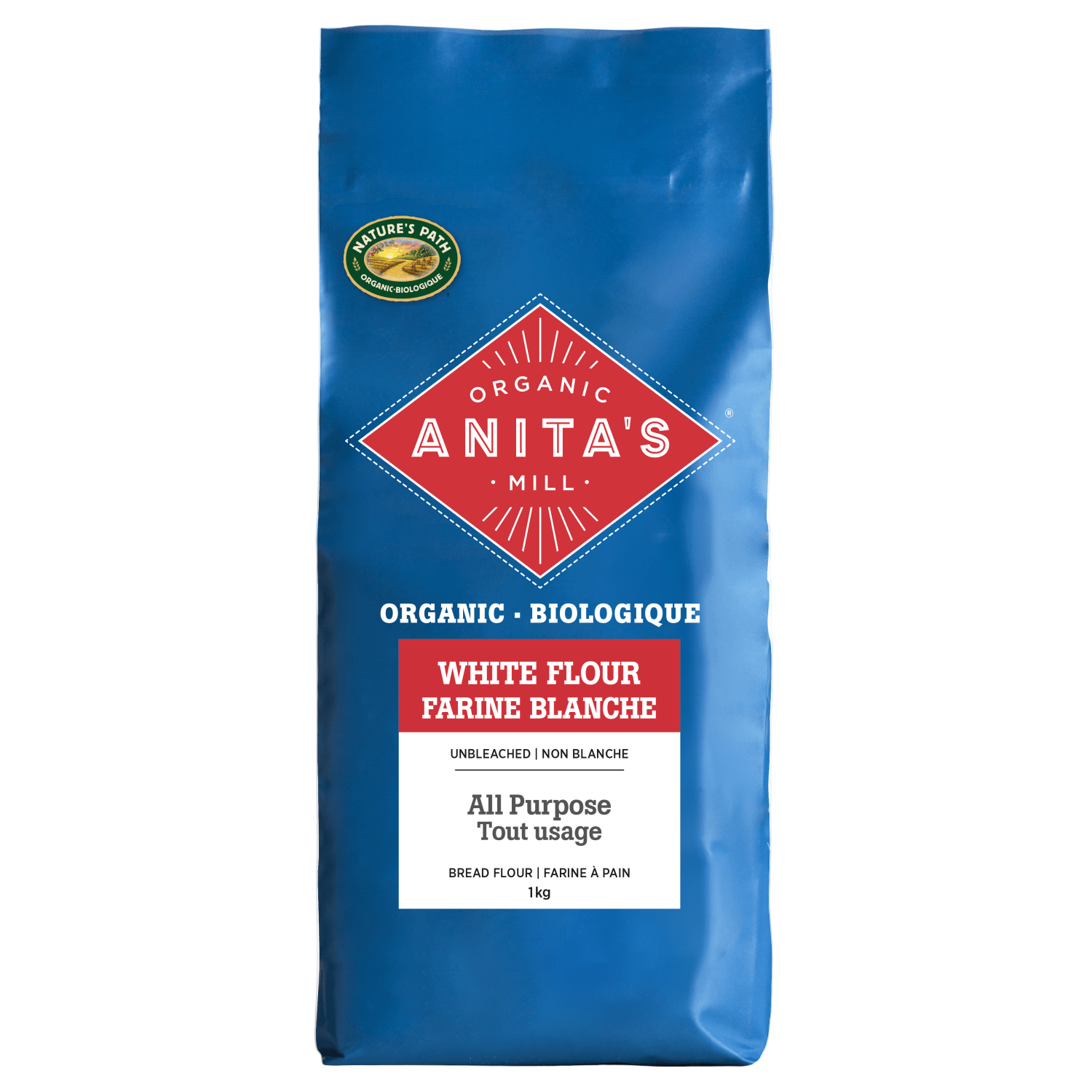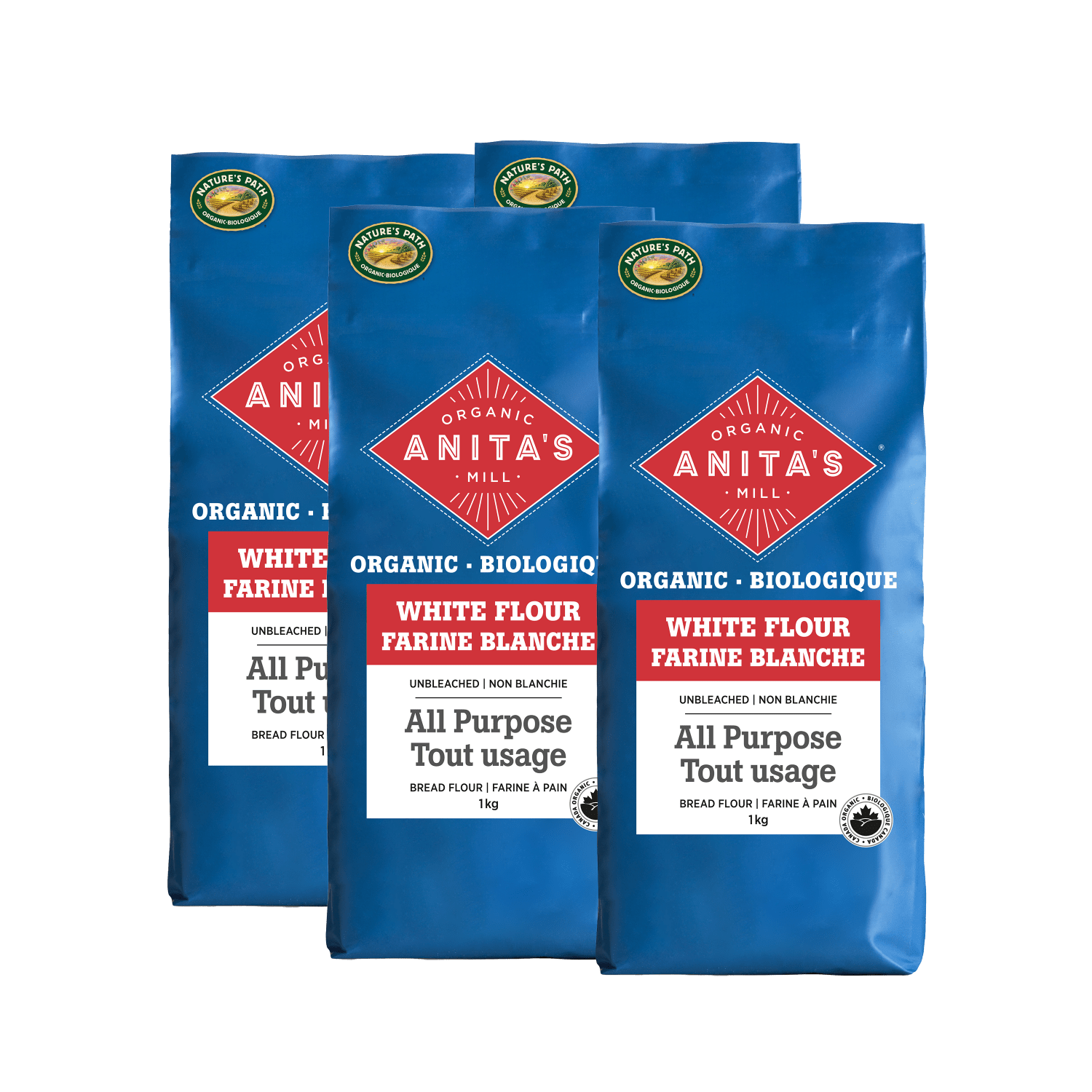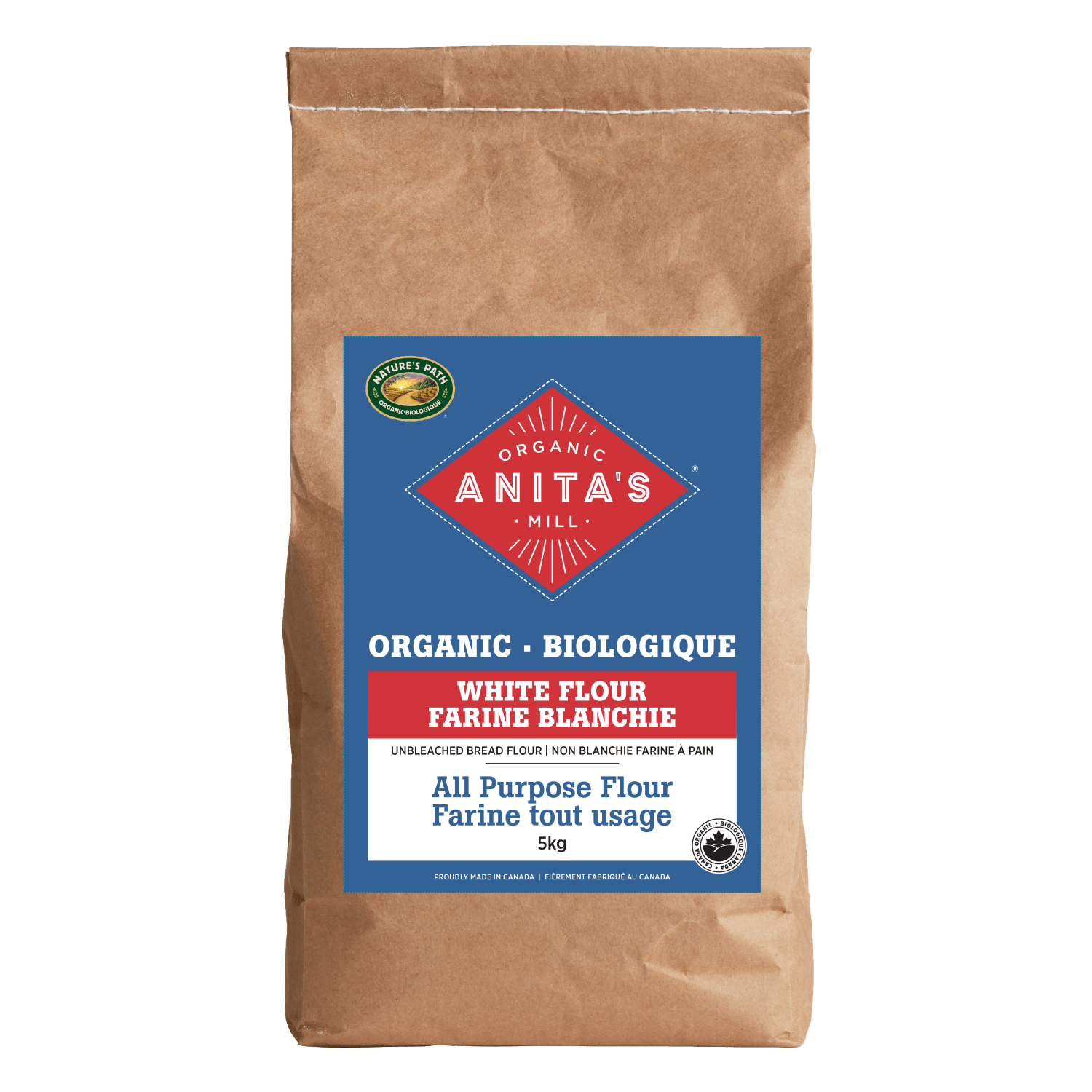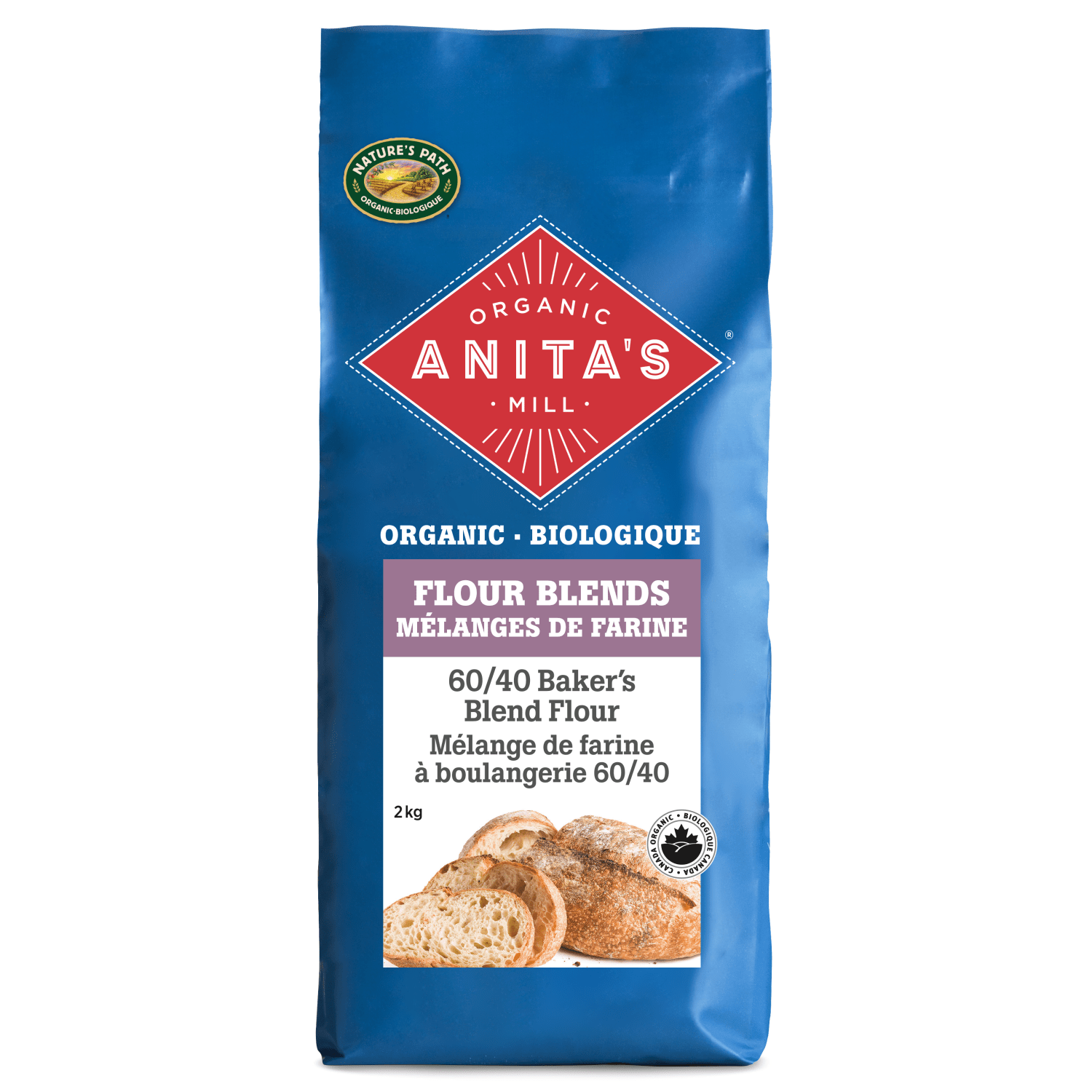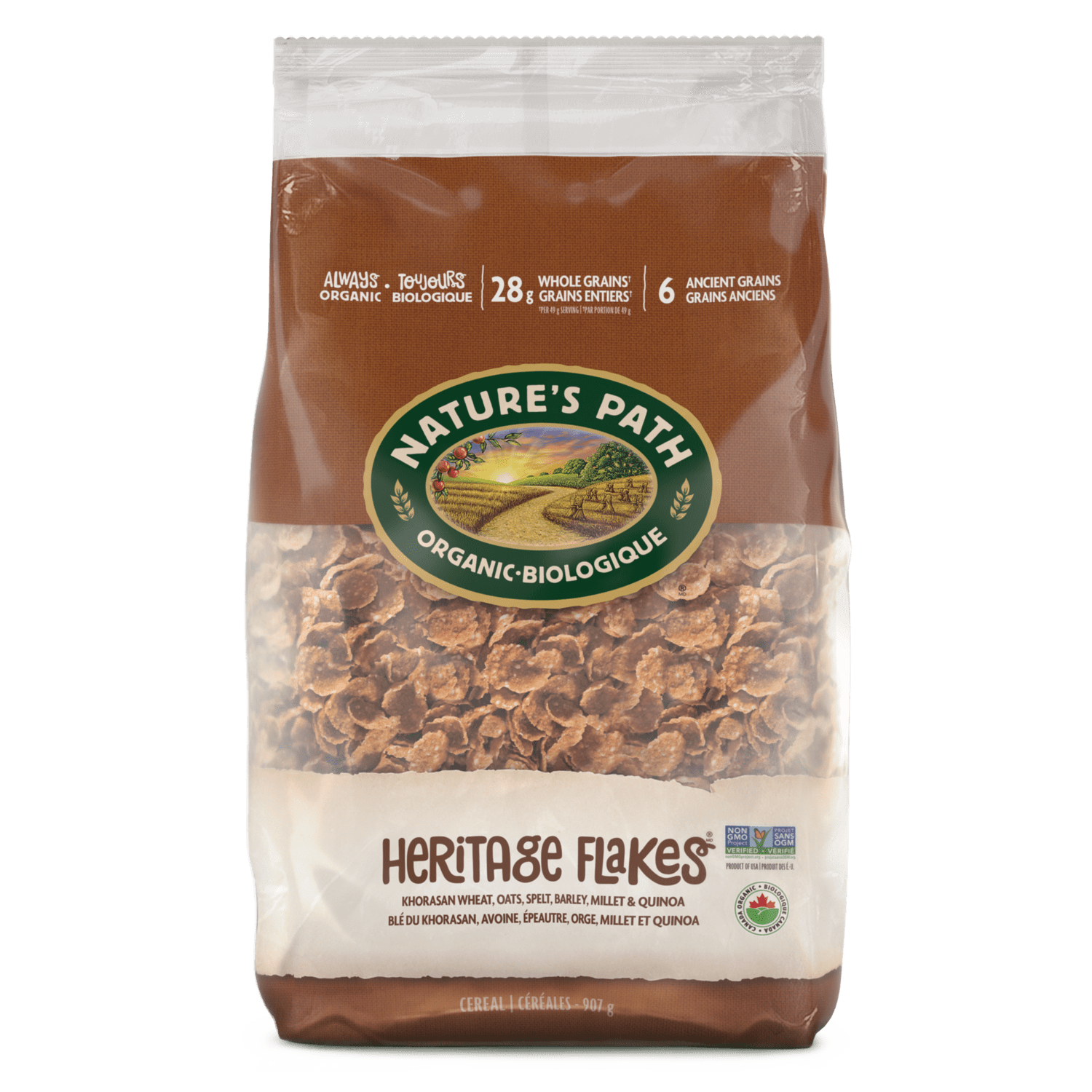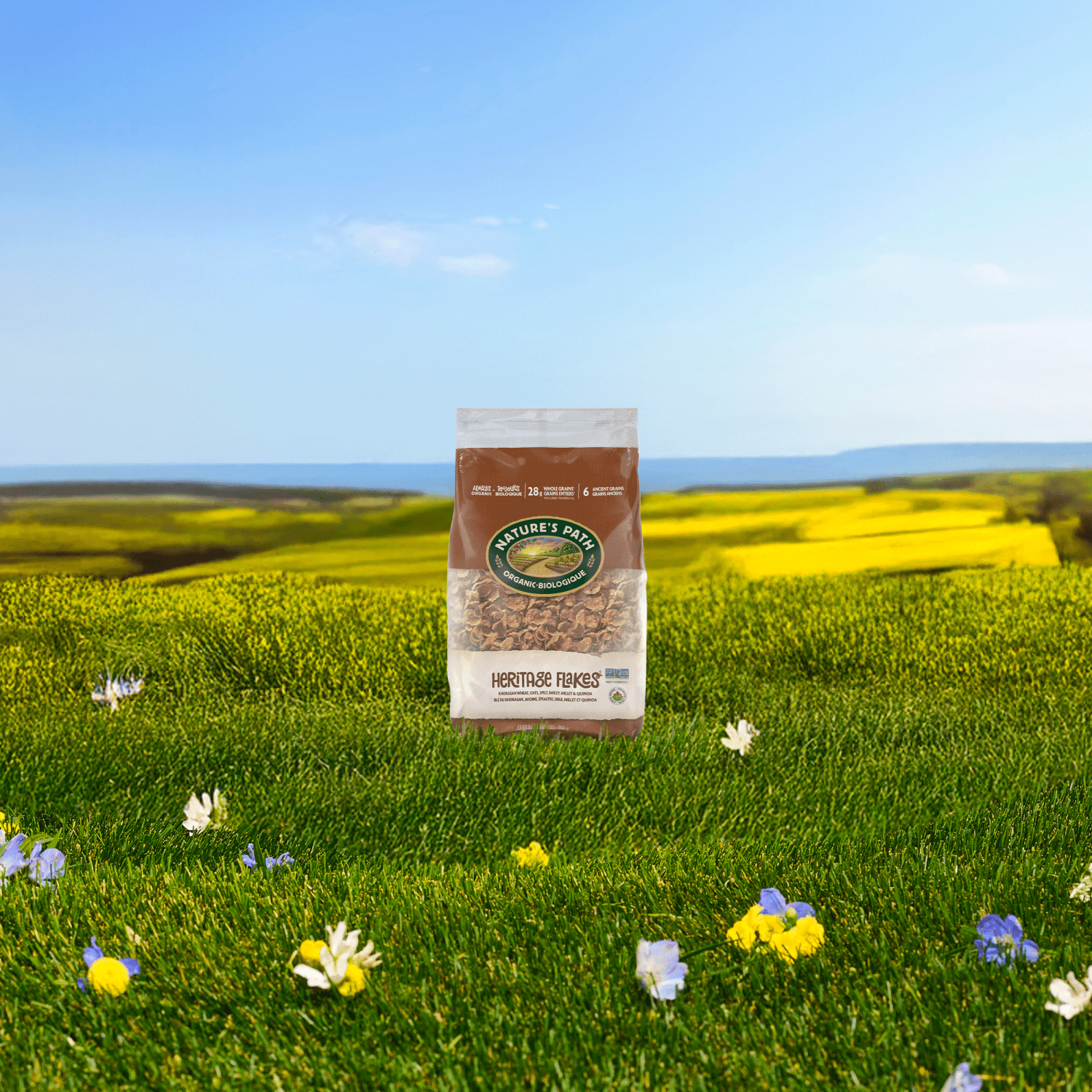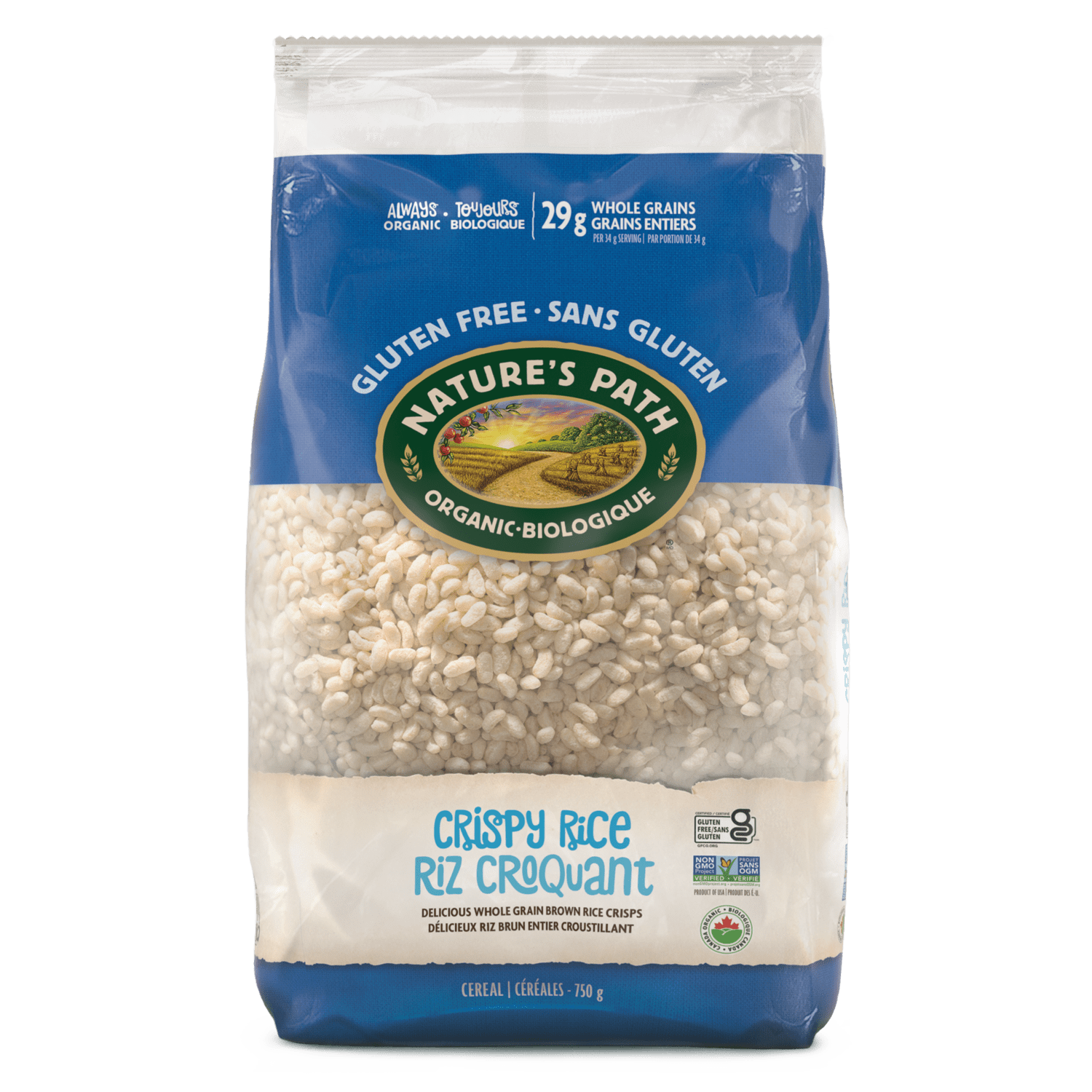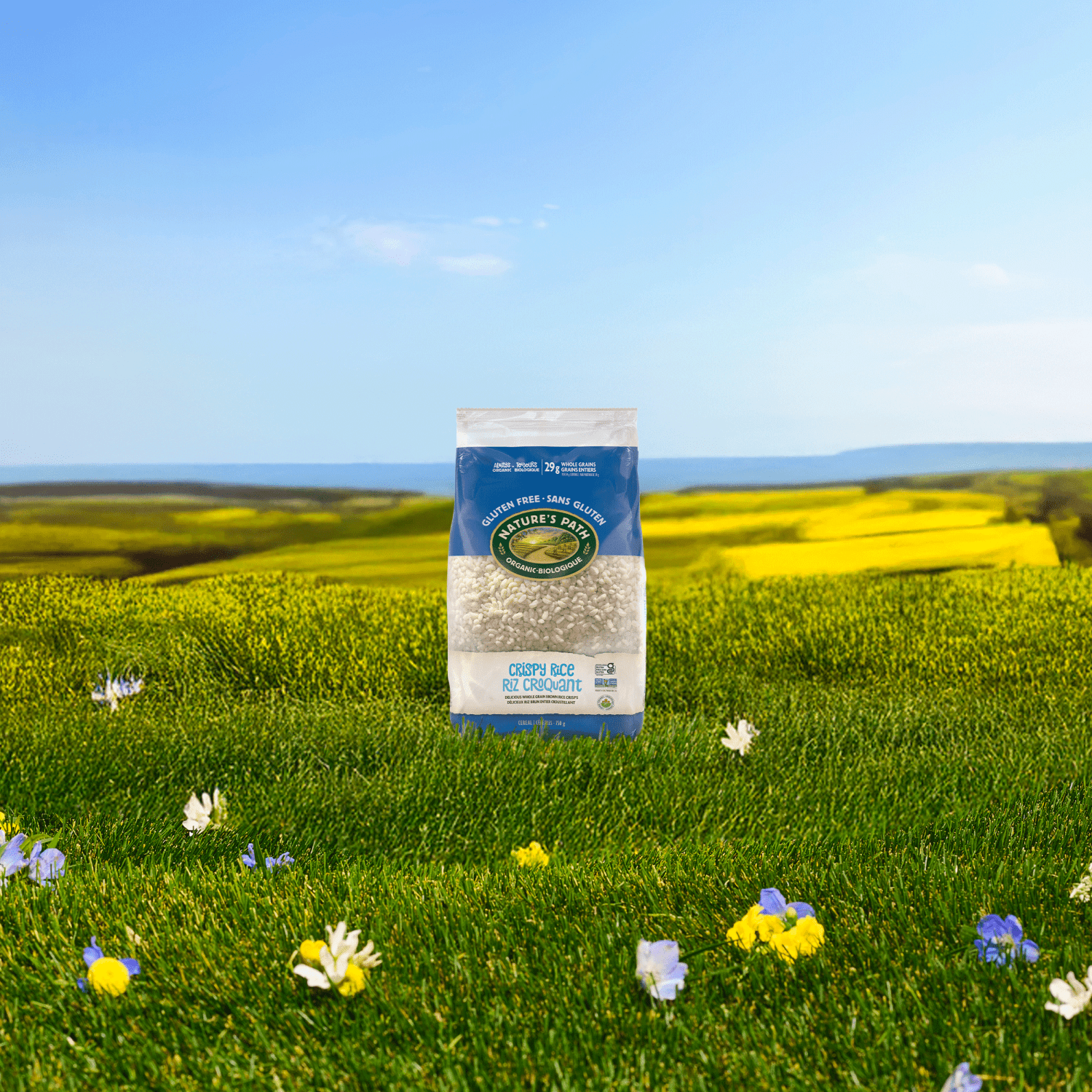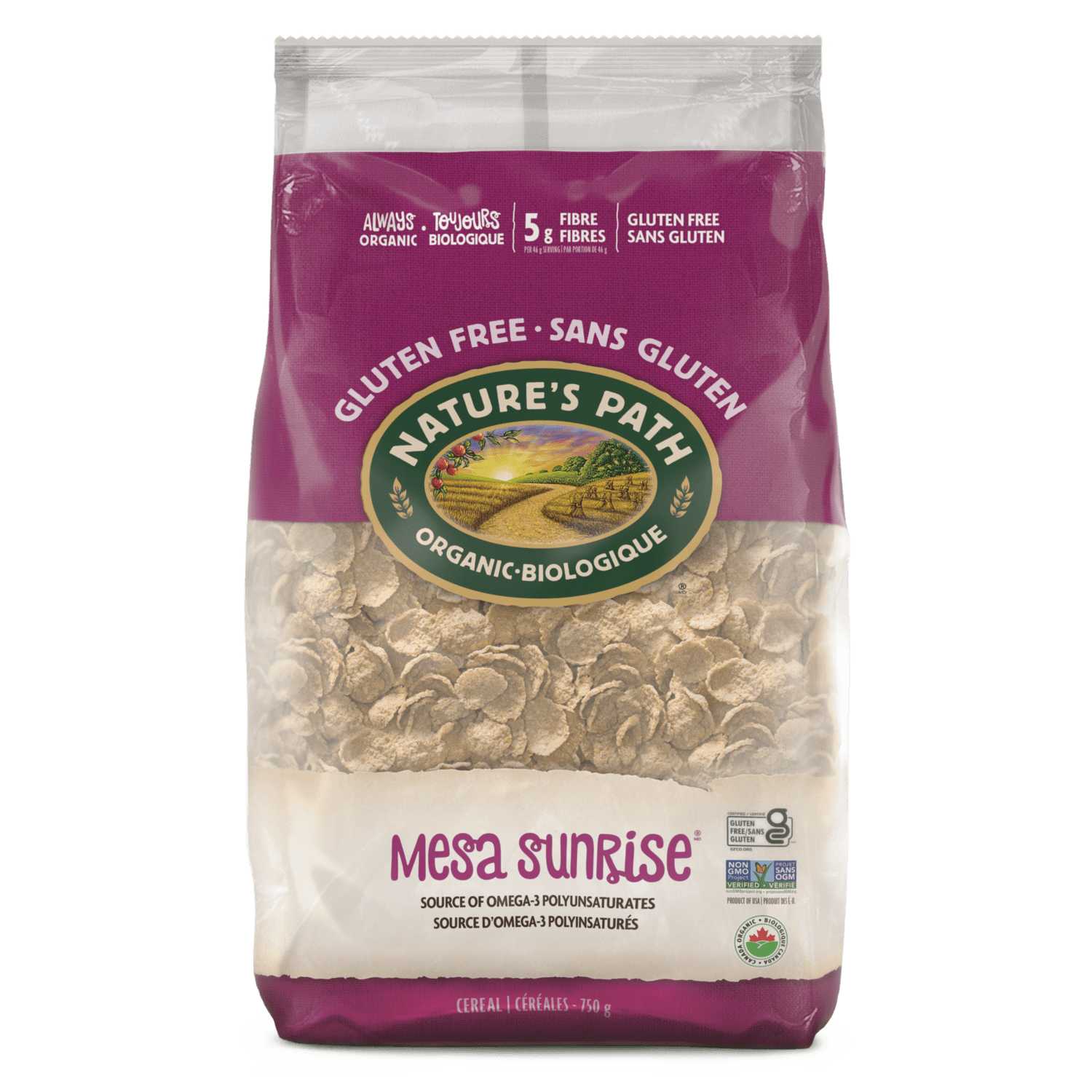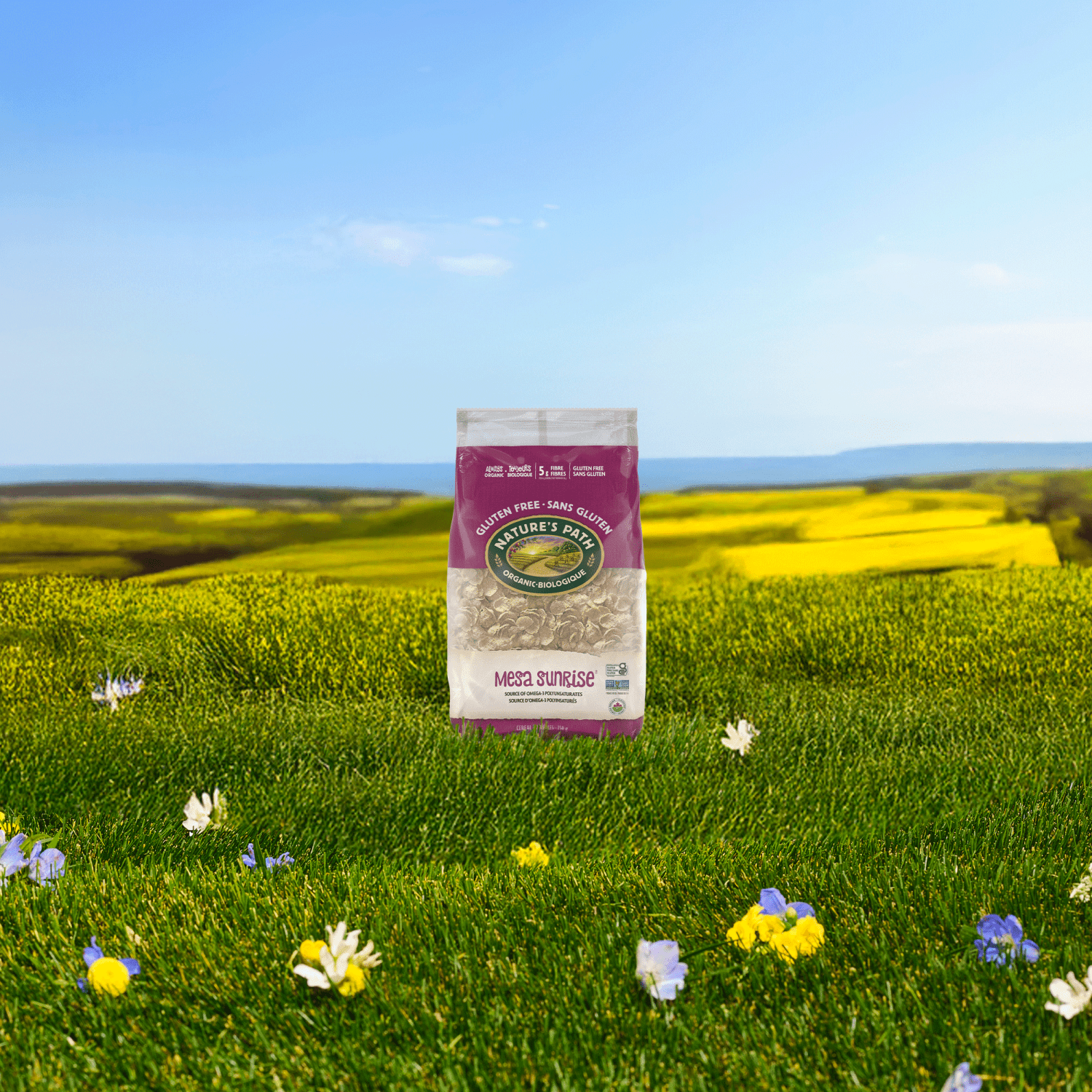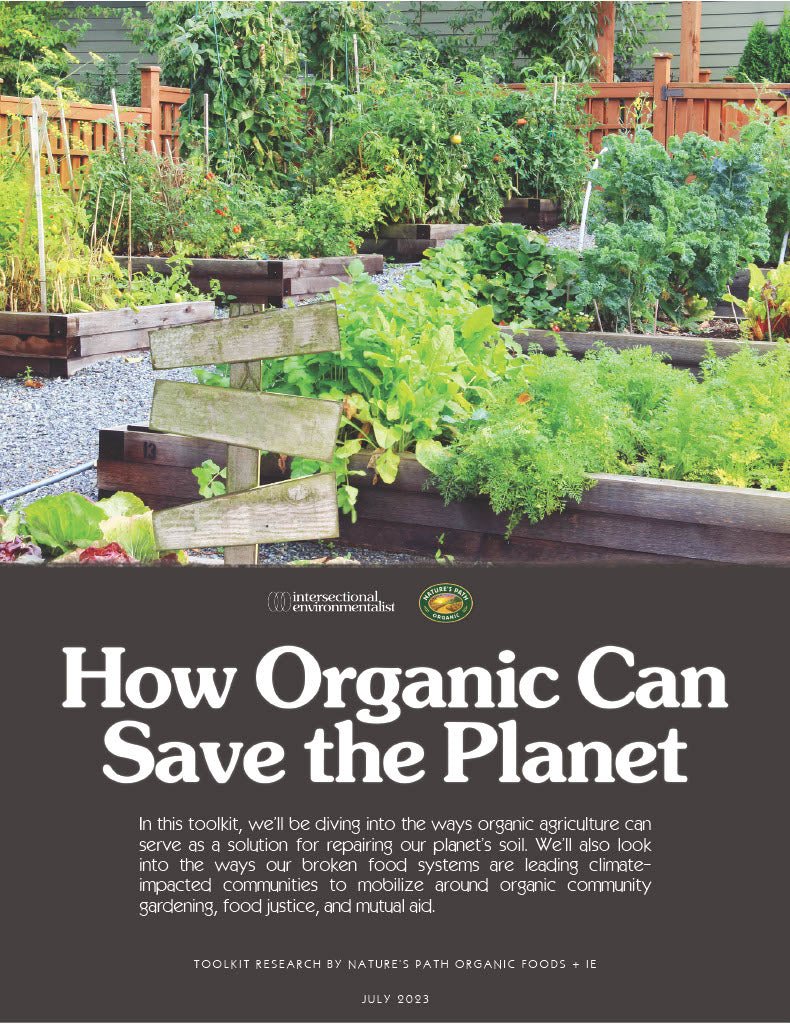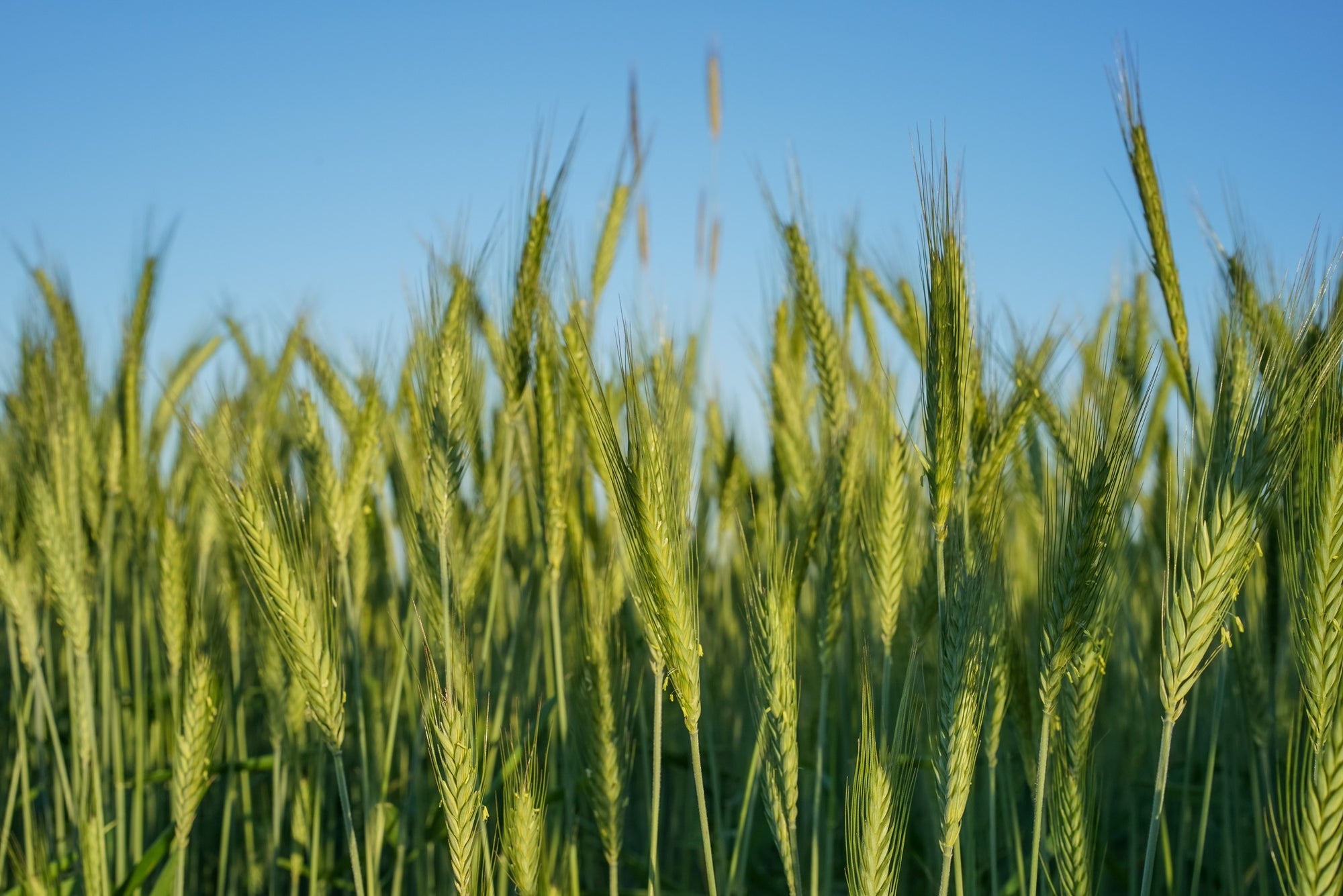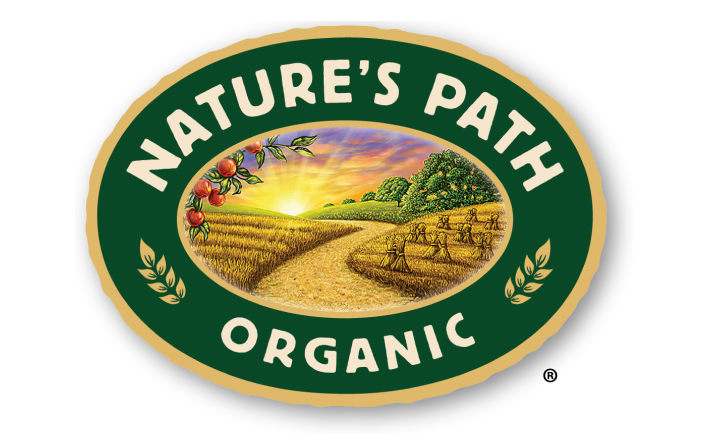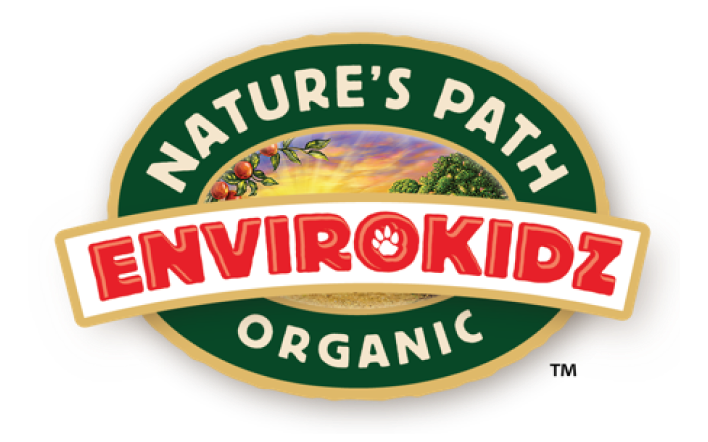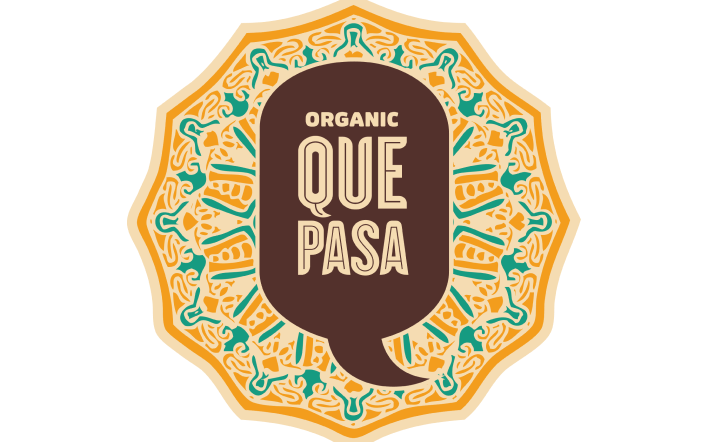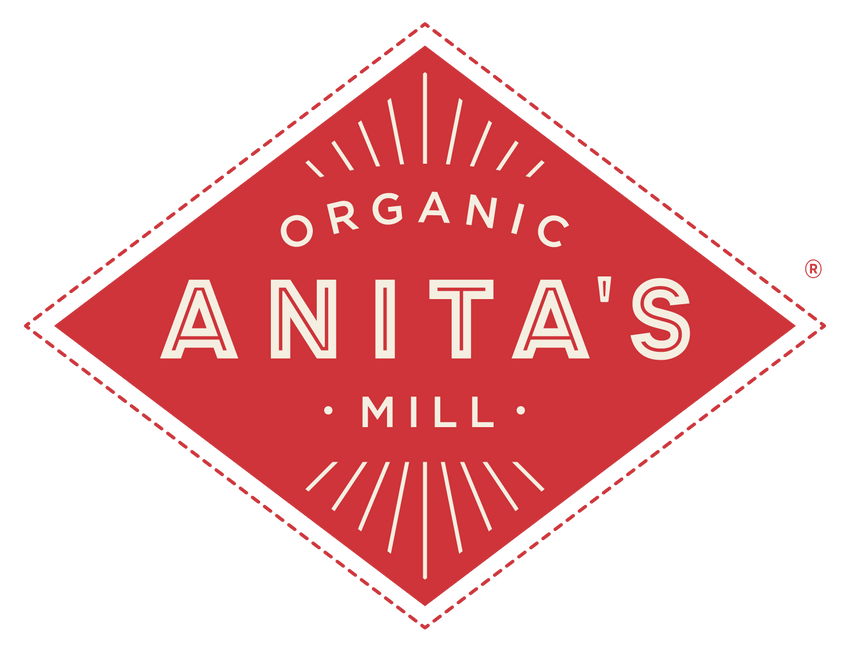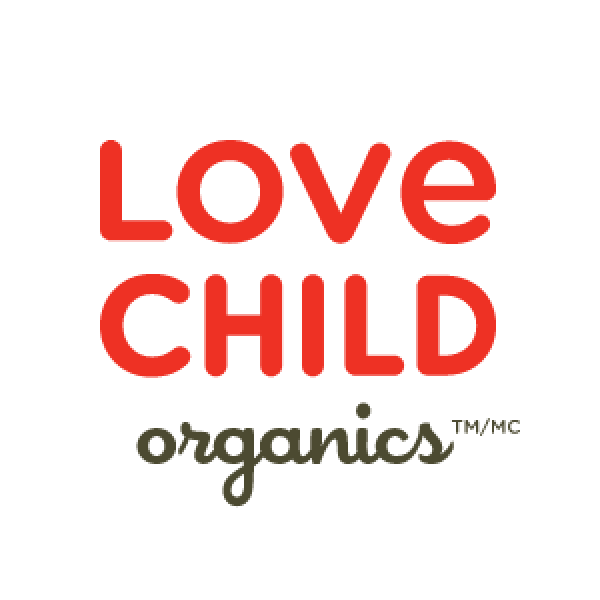

-
Organic Farming
To us, organic farming is synonymous with building healthy soil. Healthy soil contains natural microbial life in the soil is unequaled at providing the optimum nutrition to plants.
-
Conventional Farming
Common ingredients used in non-organic farming are pesticides, synthetic fertilizers, sewage sludge, genetically modified organisms, and ionizing radiation.


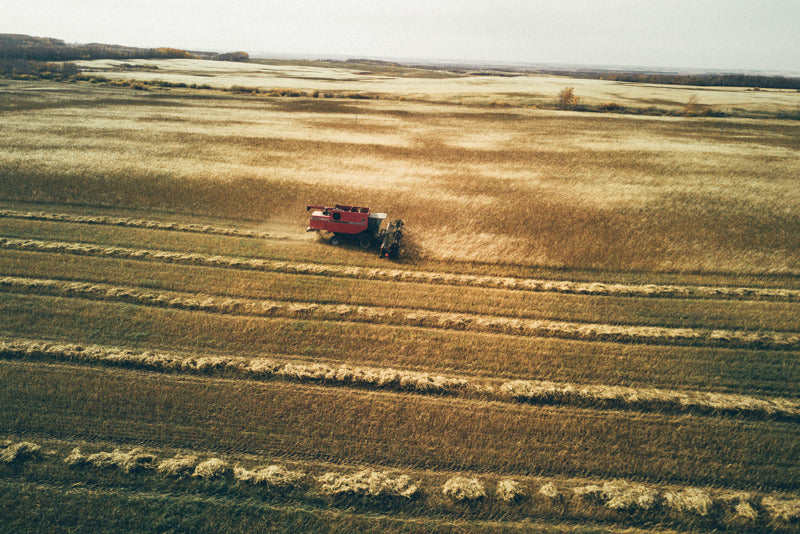
what organic means
Better Food
Studies have found that organic food contains, on average, 25% higher concentrations of eleven different nutrients than their conventionally-grown counterparts! Organic fruits and vegetables have also been shown to be approximately 30% higher in antioxidants.
Caring for the Land
Organic farmers work to retain wetlands and other natural areas, protect biodiversity by collecting and preserving seeds and growing unusual varieties and respect the balance of the ecosystem by encouraging wildlife.
Less Fossil Fuels
A recent farming systems trial conducted by the Rodale Institute concluded that organic farms use 45% less energy than conventional farming practices and still manage to outperform conventional farms in years of drought.



